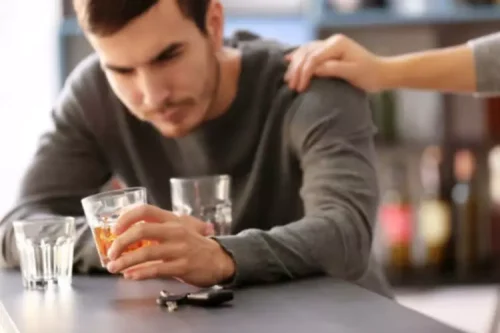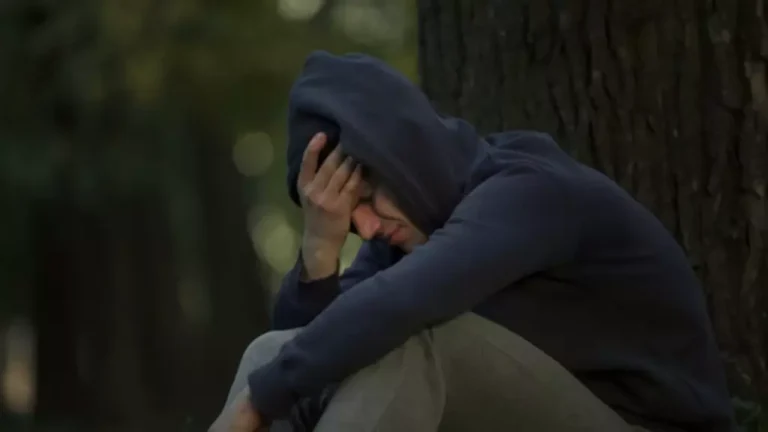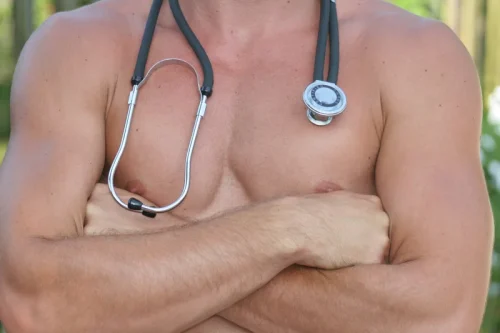
Skilled facilitators of therapy and psychoeducation groups recognize this fact and design their group sessions to maximize these benefits. Group psychoeducation sessions are ideal to help your clients achieve transformation by leveraging the support of their peers. If you’re looking for more science-based ways to help others enhance their wellbeing, this signature collection contains 17 validated positive psychology tools for practitioners. For instance, some clients may find the experience of structured time with a planned agenda to be a welcome respite from the disorganization that characterizes their life outside the group.
Cognitive Behavioral Techniques for Group Sessions
Substance abuse group activities aimed at identifying high-risk triggers often involve group discussions, reflective journaling, and shared experiences. By recognizing these triggers, participants gain insight into their vulnerabilities and can develop proactive strategies to avoid or cope with these situations. Groups are lead by a trained group leader who prompts discussion and encourages everyone to participate. Other than gently guiding conversation, the group leader is responsible for picking up on client issues that reoccur in group therapy and in daily life. Clients will oftentimes subconsciously demonstrate actions in group therapy that are representative of their routine patterns and thought processes. These instances serve as opportunities for the group leader to make suggestions and to give the client insight into habits that might need alteration.
Group Therapy for Substance Use & Relapse Prevention

By simulating scenarios involving peer pressure or social settings, participants can practice assertively declining offers of drugs or alcohol. These activities build confidence, enhance communication skills, and empower individuals to prioritize their recovery goals. Equipping participants with robust coping mechanisms is a vital aspect of relapse prevention. These activities teach individuals what are some ideas for substance abuse group activities? how to manage stress, anxiety, and negative emotions without substance use. Through mindfulness exercises, problem-solving simulations, and guided imagery, participants learn healthier ways to navigate life’s challenges while maintaining their sobriety. Substance abuse group activities are a path to healing as the journey towards addiction recovery is rarely undertaken alone.
Top-Rated Positive Psychology Exercises for Practitioners
All group sessions are confidential and can be held in various spaces, such as hospitals, community centers, and private therapy practices. CBT activities are solution-focused exercises and techniques that aim to improve mental health and substance abuse treatment outcomes in a fun and engaging way. This activity is based on Cognitive-Behavioral Therapy (CBT), behavioral activation, and goal setting.

The next player repeats the pattern and adds something new, and the process continues until the individuals before them don’t repeat the pattern. The player who loses must try to distract the other players as they construct https://ecosoberhouse.com/article/why-does-alcohol-cause-bruising/ and pass on a new beat. The goal is to keep your attention focused on the rhythm and avoid being distracted by anything or anyone. Group meditation is among the most powerful recovery activities for groups.
Practice Templates
- In the video description, there is a link to the full video if you’re hungry for more.
- Carol also has received certification as a New Jersey Disaster Response Crisis Counselor (NJ-DRCC).
- Whether it’s 12-step meetings, SMART Recovery, or group therapy, these services are a crucial part of drug and alcohol treatment programs and aftercare support.
- This exercise can help participants bring presence to their interactions and step out of autopilot.
- It is intended for a child to complete, and the results can be discussed as a family to facilitate understanding and come up with solutions for family problems.
With knowledge, individuals can better comprehend the need for treatment and strategies to overcome addiction. If you or a loved one is looking for substance abuse treatment, you can find it today. Whether it’s 12-step meetings, SMART Recovery, or group therapy, these services are a crucial part of drug and alcohol treatment programs and aftercare support. Most addiction treatment centers, from smaller outpatient facilities to comprehensive centers with residential options, offer some form of group therapy or peer support.
What is a Recovery Support Group?
- An example might be that upon the conclusion of a particular group session, participants become able to confidently introduce themselves and their occupation to someone they have just met.
- Many of those struggling with depression or anxiety will turn to unhealthy, unhelpful, or even harmful ways to cope.
- Each member will draw one fear each, read it aloud and try to identify who wrote it.

- Flowing from this exploration of a group’s purpose should be a consideration of its goals.
- The player who loses must try to distract the other players as they construct and pass on a new beat.
- These groups offer a haven for members to openly discuss their struggles, triumphs, and setbacks without fear of judgment.
- Mindfulness is a great way to increase self-awareness and ensure that group members are fully present in their sessions.
